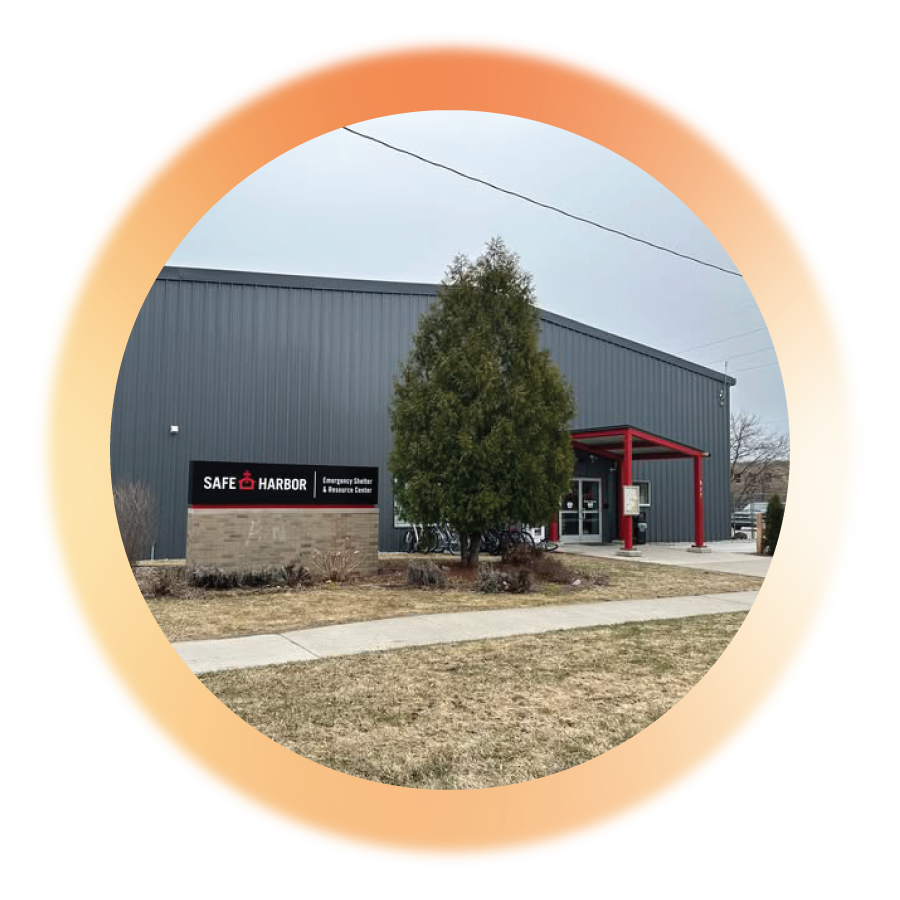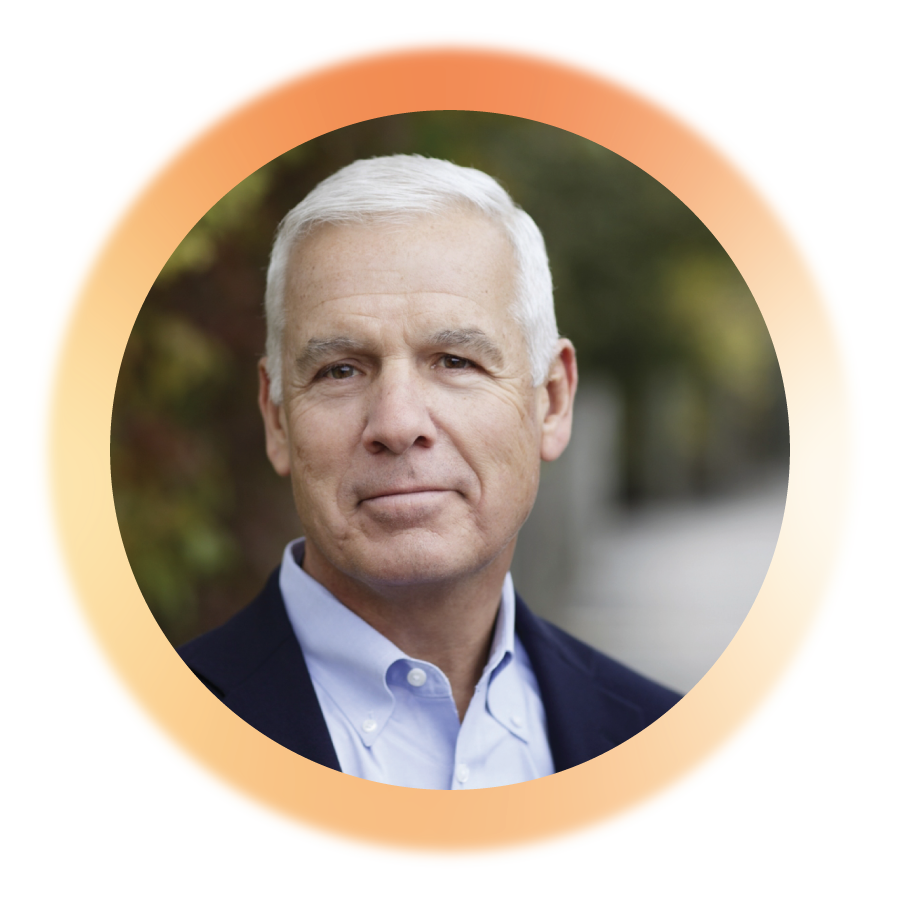Community Feature
The Homelessness Collective: Trust Building & Community-Informed Action

Housing supply, demand, quality, affordability and stability continue to remain core challenges to our state’s growing housing crisis. According to the 2024 Michigan Statewide Housing Needs Assessment, the median home value in Michigan increased by 50% between 2012 and 2022.
The number of individuals experiencing homelessness in Michigan is also increasing, due to continued stress from the pandemic, changing economic conditions and the lack of affordable housing. A report from Michigan’s Campaign to End Homelessness shows that in 2023, over 33,000 Michiganders experienced homelessness, an increase of 2% from 2022.
To support individuals experiencing homelessness, philanthropy is seeking innovative solutions and creating spaces to foster cross-sector partnerships to provide relief and end chronic homelessness.
In Traverse City, growing community concern over an encampment known as The Pines, where individuals were living outside without access to shelter, clean water or restrooms in a public space, led the Grand Traverse Regional Community Foundation (GTRCF) and Rotary Charities of Traverse City to convene the Homelessness Collective.
“It became evident that key stakeholders lacked a constructive space to come together, share information, and work collaboratively toward sustainable solutions to ending chronic homelessness in our region,” Sakura Takano, CEO of Rotary Charities and CMF trustee, said. “Our goal was to help the community shift from reactive responses to proactive, long-term strategies rooted in shared understanding and trust.”
The Homelessness Collective has brought together key community leaders and organizations most directly impacted or involved, including neighborhood associations, service providers, law enforcement, housing advocates, government and funders, to share information, build trust and explore solutions.
“The Homelessness Collective was successful in building a consensus among the key stakeholders that, from a safety, public health, and humanitarian standpoint, The Pines was no longer an acceptable response to the crisis, that attainable housing for our unhoused neighbors must be a priority, and that the most immediate need was an emergency shelter that operated year-round,” Dave Mengebier, president and CEO of GTRCF and CMF board chair said.
A nonprofit seasonal winter shelter, Safe Harbor, needed substantial planning and resources to transition into a year-round facility. The Collective stepped in to advocate for funding from the local government, foundations and private donors to sustain the emergency shelter’s operations for two years. A broad-based task force was formed to continue the work of the Collective.
“The Collective created the space for foundational conversations and decision-making, and now the work is shifting toward implementation and systems-level solutions,” Takano said. “We believe this is the beginning of a sustained, community-informed movement to address the root causes of rural homelessness and make it rare, brief, and one-time.”

Sakura Takano
CMF Trustee
CEO
Rotary Charities

Dave Mengebier
CMF Board Chair
President & CEO
Grand Traverse Regional Community Foundation
Takano and Mengebier say this work further highlights the power of collective action, collaboration and creating spaces for community-shaped solutions.
“This experience reinforced for us the unique role philanthropy can play in convening community stakeholders who often hold conflicting views, the importance of giving voice to those most affected by a problem or issue, and the value of building trust as a precondition to solving contentious and complex problems,” Mengebier said.
The partnerships GTRCF and Rotary Charities forged and their own organizational work that has been grounded in equity created the essential infrastructure to create the space and opportunities for the Homelessness Collective to come together and act.
“Rotary Charities has long grounded its work in equity, informed by data and driven by community needs,” Takano said. “Our involvement with the Homelessness Collective is a continuation of this commitment. Previous investments in addressing youth homelessness laid the foundation for this effort. These early investments helped strengthen the Northwest Michigan Coalition to End Homelessness’ capacity to analyze data, support backbone coordination and connect people to permanent housing and other resources. When the opportunity arose to bring together city, county, and community stakeholders around chronic homelessness, the Coalition was ready to lead.”